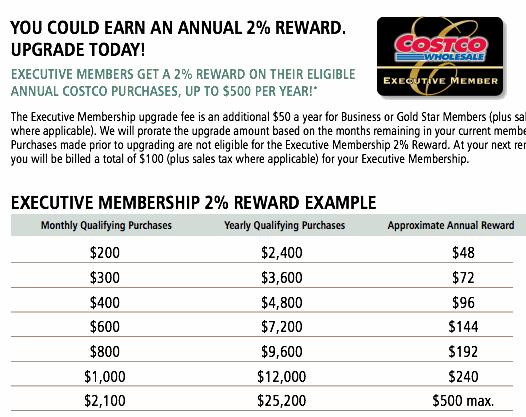Capital One Guaranteed Secured MasterCard
Summary: The Capital One Guaranteed Secured MasterCard is a guaranteed approval card for those that live in Canada who may have had problems with their credit in the past. The purpose of this card is to assist those that would like to establish or re-establish their credit histories.
Features and Benefits: This is a secured card with an annual fee of $59 and an annual interest rate of 19.8%. Security funds are used as collateral and can be as low as $75 up to $300. The amount needed for is determined after you are approved for the card. The credit limit is $300 or more. The security funds are refundable if the account is closed in good standing.
Other features and benefits that are included are $0 fraud liability for unauthorized used, 24/7 customer service online and by phone, and your choice of card design. Cardholders also receive Master RoadAssist Service for 24 hour emergency road service and MasterCard Global Service which provides emergency card replacement and emergency cash advances.
Criteria for Guaranteed Approval:
- You do not have an existing Capital One account
- You have not had a Capital One account in bad standing within the last 12 months before applying
- You have not applied for a Capital One account within the last 65 business days
- You live in and are the age of majority in AB, BC, MB, NB, NL, NS, ON, PE or SK
Conclusion: The Capital One Guaranteed Secured MasterCard is ideal for those that are looking for a credit card but have had credit problems in the past. This card works almost the same as a standard credit card except that a security deposit is required. Making payments on time while following the guidelines of the card will help repair or re-establish problem credit or help establish credit for those who have no credit histories at all.








